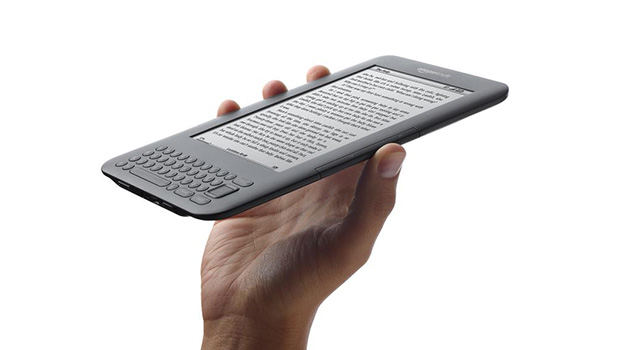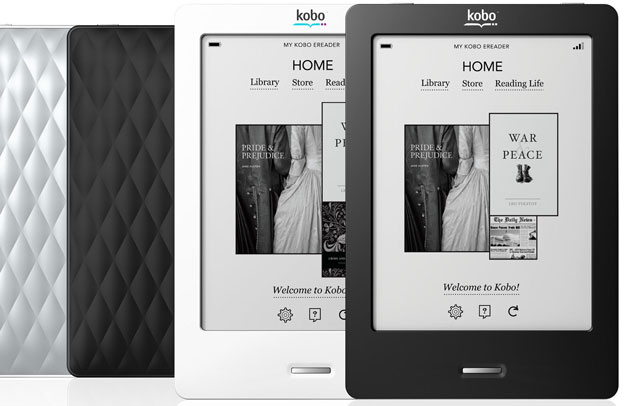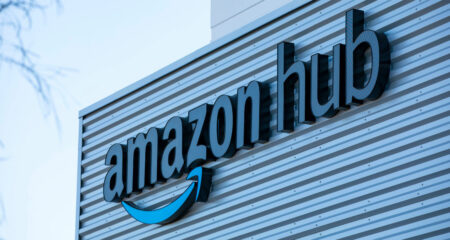
I used to be one of those people. You know the type. Every time people mentioned how great their digital reader was, I would go on some long rambling explanation about how I don’t get e-readers and prefer the tangible experience of holding a book in my hands.
I am no longer that person.
Ever since I got my hands on my first Kindle a few months ago and downloaded my first e-book, a biography of Bill Nicholson, the British coach to win the first league and cup double of the 20th century with Tottenham Hotspur in 1960-1961, I have been smitten.
The biography cost about US$7, a reasonable price considering that I would spend a year trying to find a physical book on Tottenham Hotspur in South Africa.
I set up my account, paid with my credit card and the download took seconds. All of this before I had even got out of bed on a Saturday morning. I lay back and settled in for a thrilling read, immersing myself in an era when football was a very different game to the one that is beamed from high-definition television sets today.
To say this experience was a revelation is an understatement.
The reading experience was so pleasant that I began to wonder whether I would ever buy a book in physical form again.
Was I getting ahead of myself? Was this just the initial blooming of love for my new Kindle? Would we settle down into a more staid reading relationship? Would this honeymoon phase end?
As it turns out, the answer to all these questions was yes.
Yes, I have bought a physical book again. However, I have also purchased more digital books on my Kindle, taking advantage of the cheaper prices and greater selection.
The Kindle is not backlit, which makes for a pleasant reading experience. The battery lasts more than a month before it needs charging and navigating through a book is a cinch.
I can store up to 3 000 books at any one time and it has become an invaluable companion, especially during work travel.
The Kindle is a lot lighter than a book, allowing for longer reading sessions before it finally hits you in the face as you doze off. That’s the one disclaimer: a Kindle can hurt a lot more if it falls from your hands when dangling precariously above your head.
But I come not only to praise the Kindle. As of this month it has competition in South Africa, in the form of the Kobo e-reader.
Kobo is a Canadian-based, Japanese-owned e-reader company that has its own e-book service, just like the relationship between Amazon and Kindle.
South Africa’s e-reader market received a shake-up when Pick n Pay announced that it was bringing the Kobo Touch e-reader to South Africa for R995.
By comparison, the Kindle Touch 3G, which was recently launched here, retails at R2 699. Obviously, these products are not strictly comparable, but an entry-level Kindle in South Africa costs R1 499 and a Kindle Touch with Wi-Fi, but no 3G, retails at R1 999.

It is clear that, in comparison, the Kobo Touch looks like an attractive e-reader option.
But what is the international picture of the e-reader market?
According to technology analyst firm Gartner, 11m e-readers were being used globally in 2011. Gartner predicted that this figure would rise to 16,3m by the end of this year, a 48% increase.
Of this market, Amazon’s Kindle enjoys a share of nearly 60%, Barnes and Noble’s Nook holds a 25% share and the Kobo, made by Japanese company Rakuten, is hanging in there with a 10% share.
Steve Nossel, of electronics firm Circuit City, said the company sold between 60 000 and 70 000 Kindles a year in South Africa.
Kobo is predicting that it will take 50% of South Africa’s e-reader market in the next 12 months, threatening Kindle’s domination here.
It is an ambitious target, but with the South African market still in its infancy, establishing a firm foothold is imperative.
Pick n Pay has signed a six-month exclusive deal with Kobo and the e-readers are on sale in 41 of the retailer’s stores as well as on the Pick n Pay website. The deal will also see Pick n Pay earning a percentage of all e-books bought on devices purchased in its stores.
So what is the Kobo e-reader experience like? For the past few weeks I have been test-driving one of the new Kobos and, in terms of straight value for money, the Kobo wins hands down.
Sure, the shopping experience through the Kobo store is not as slick as on Kindle’s Amazon, but when you have paid 50% less for the e-reader that is hardly worth quibbling about.
I set up an account with the Kobo store and within a few seconds I was reading a book of essays on hip-hop in Africa, another book I would have battled to find in South Africa’s book retail space.
As for the reading experience, I found the Kindle and the Kobo much the same. Although I slightly prefer the Kindle, it was not enough to fork out an extra R1 000 for it.
On the whole the Kobo offers a great entry-level option for readers who want to move into the digital space and its entry should substantially grow the local market. — (c) 2012 Mail & Guardian
- See also: Sub-R1 000 Kobo e-reader reviewed
- sit the Mail & Guardian Online, the smart news source




